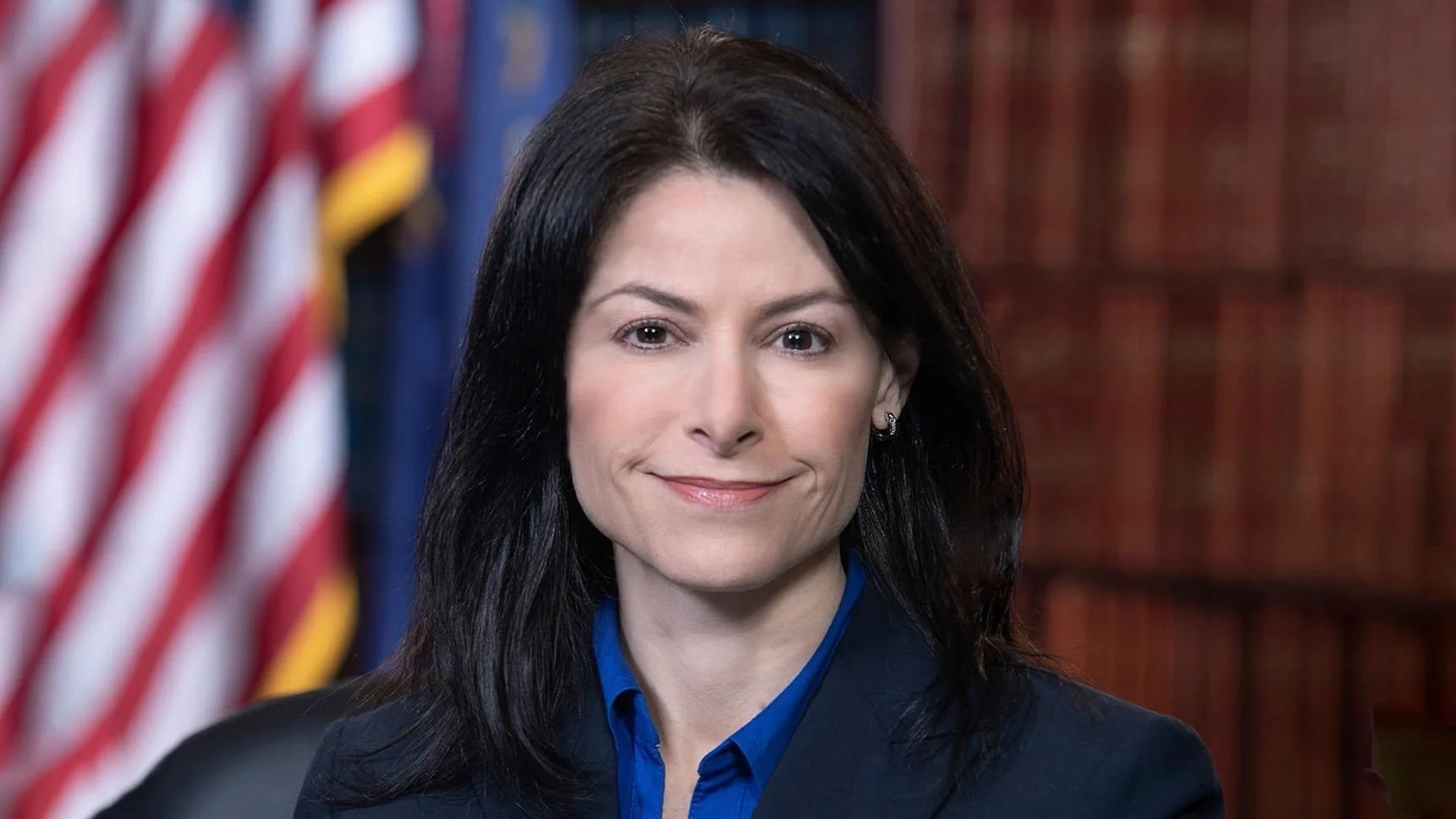Dana Nessel, Attorney General of Michigan | www.facebook.com
Dana Nessel, Attorney General of Michigan | www.facebook.com
Michigan Attorney General Dana Nessel has called on eligible municipalities to join nationwide opioid settlements with eight pharmaceutical companies before the October 8 deadline. The settlements, totaling $720 million nationally, aim to resolve litigation against the manufacturers over their role in the opioid crisis. If all eligible local governments participate, Michigan could receive up to $24.5 million from this agreement.
“These national settlements have already made a significant difference in the fight against the opioid epidemic,” Nessel said. “I hope that every eligible community signs on so we can maximize the resources available to save lives and support recovery across Michigan.”
The drug makers involved in these settlements are Mylan (now part of Viatris), Hikma, Amneal, Apotex, Indivior, Sun, Alvogen, and Zydus. According to the Attorney General’s office, 279 local government units in Michigan—referred to as subdivisions in the settlement agreement—are eligible to participate. A full list of eligible subdivisions is available on the Department of Attorney General’s website. Municipalities needing help with participation forms can contact the Department for further instructions before October 8.
Since taking office in 2019, Nessel has prioritized efforts to address the opioid epidemic and hold responsible parties accountable. This approach has resulted in more than $1.8 billion secured for Michigan through previous settlements with companies such as McKinsey & Co., distributors Cardinal Health, McKesson Inc., AmerisourceBergen, Janssen Pharmaceuticals, Teva Pharmaceuticals, Allergan Pharmaceutical, CVS, Walmart, and Walgreens. The funds are allocated to state and local governments for opioid-use disorder treatment and related remediation programs.
Provisional data from the Michigan Department of Health and Human Services indicates a 34% decrease in overdose deaths between 2023 and 2024—representing about 1,000 fewer deaths statewide. Officials attribute this reduction to ongoing investments in prevention, treatment services, recovery initiatives, and harm-reduction strategies funded by previous national opioid settlements.






 Alerts Sign-up
Alerts Sign-up